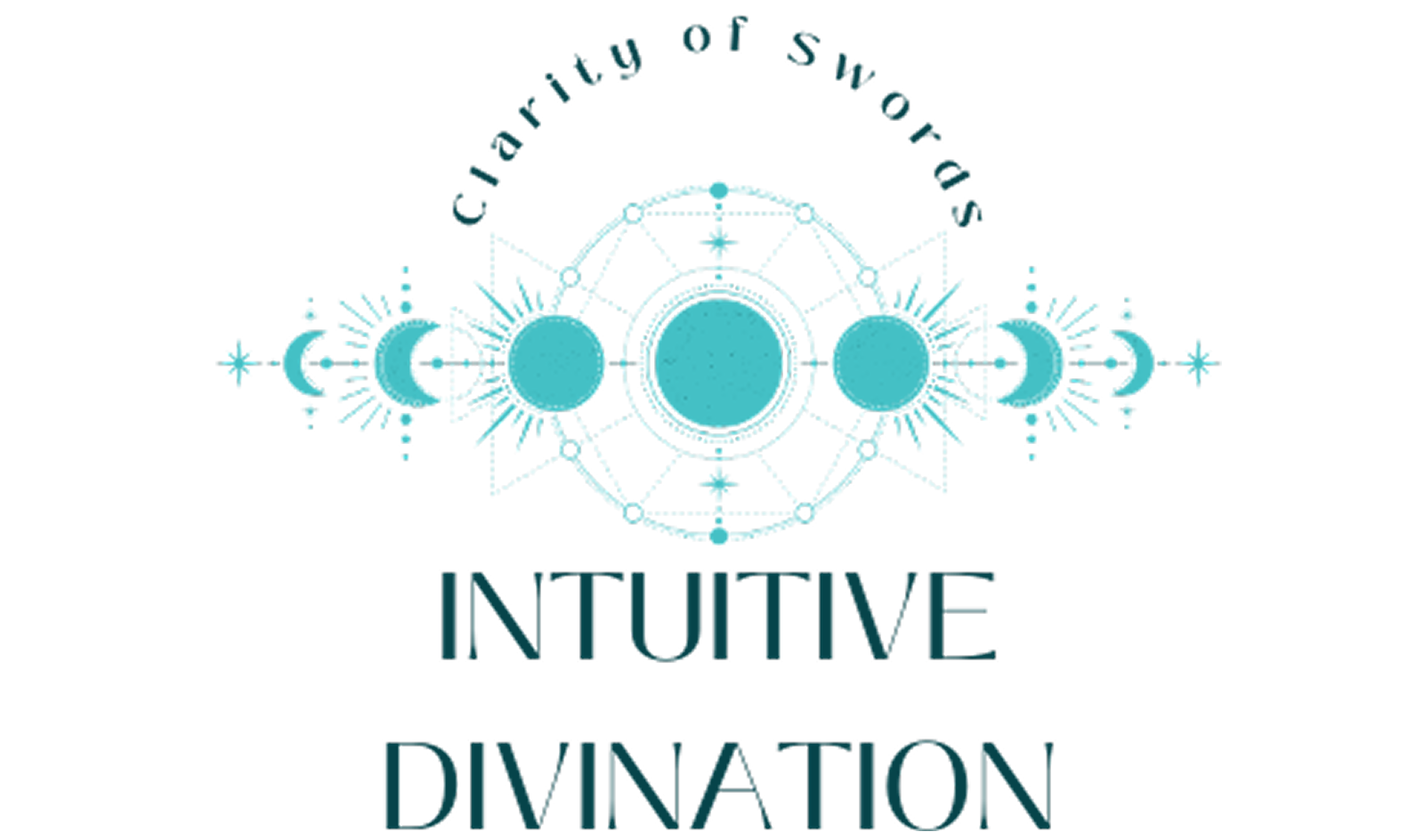Numerology
Numerology, an integral facet of astrology, delves into both self-discovery and predictive insights. It serves as a tool for uncovering the hidden layers of existence, offering personalized guidance in navigating life’s journey. By deciphering the symbolic significance of numbers, numerology provides individuals with a roadmap to understanding their inherent potential, strengths, and weaknesses. It acts as a personalized compass, illuminating the probabilities of one’s future trajectory and aiding in the exploration of life’s deeper meanings.
Numerology is a belief system that assigns symbolic meanings to numbers and their inherent vibrations. It suggests that numbers can reveal insights into a person’s character, talents, potential, and life path. Here’s an elaboration on how numerology works and what it entails:
- Basic Principles: Numerology operates on the premise that everything in the universe, including people, can be represented and understood through numbers. It is based on the idea that numbers have inherent qualities and vibrations that influence events and individuals.
- The Core Numbers:
- Life Path Number: Calculated from a person’s date of birth, it represents the path or journey that an individual is destined to take in life. It’s considered the most important number in numerology.
- Expression Number: Also known as Destiny Number, it’s derived from the letters in a person’s full name and reflects one’s talents, abilities, and potential.
- Soul Urge Number: Calculated from the vowels in a person’s name, it reveals inner desires, motivations, and emotional needs.
- Personality Number: Calculated from the consonants in a person’s name, it indicates outward personality traits and how one is perceived by others.
- Birth Day Number: Represents specific personality traits associated with the day of the month on which a person is born.
- Calculations: Numerology calculations typically involve reducing numbers to a single digit (except for master numbers 11, 22, and 33, which are considered significant in their own right). This process is known as “reducing to the root number.”
- Symbolism of Numbers:
- Each number carries its own symbolic meaning and energy. For example, the number 1 represents independence, leadership, and innovation, while 2 signifies cooperation, balance, and sensitivity.
- Master numbers (11, 22, 33) are considered to possess heightened spiritual significance and are interpreted with greater intensity and complexity.
- Application:
- Numerology can be applied to various aspects of life, including personal relationships, career choices, financial decisions, and spiritual development.
- It is often used in conjunction with other divinatory practices, such as astrology and tarot card readings, to gain deeper insights and perspectives.
- Interpretation:
- Numerologists interpret the meanings of numbers based on their context, position, and relationships within a person’s numerological chart.
- They analyze patterns, recurring numbers, and numerical combinations to uncover underlying themes and potential opportunities or challenges.


